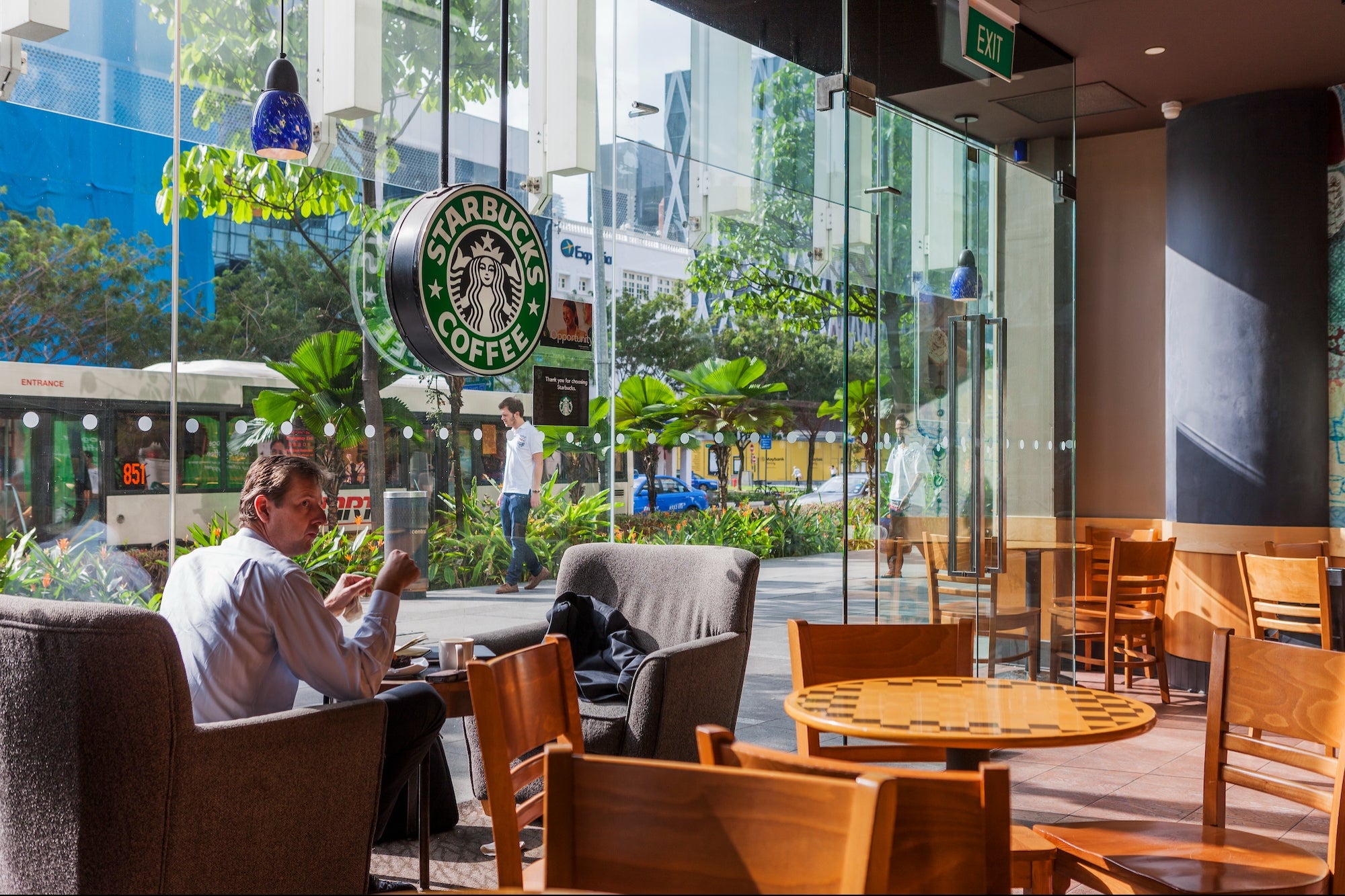5 Boxes to Check Before Expanding Your Franchise Outside the U.S. You can successfully branch into new markets by being prepared and knowing how to do it properly.
Opinions expressed by BIZ Experiences contributors are their own.
For a modern, lifestyle brand to truly represent all people, global expansion is a necessary step but one not to be executed without considerable forethought. Before taking the leap across international waters, a company's leaders need to be strategic, not only in operational planning, but in its consideration of cultures, people and brand messaging, and in identifying the right business partners that set future franchises up for success.
My clear vision for Realty ONE Group International from day one was to be a global company, so that's been a factor in all we've done, not just a growth story for Wall Street and shareholders. But that may not be the case for all companies.
Related: How to Take Your Company Global
And while it seems obvious, it's the obvious that we sometimes miss. Here are five things to know and consider before you expand globally.
1. Is your infrastructure ready?
We've spent a considerable amount of time going through the blueprints of the foundation of our company — everything from the systems, technology, customer service and coaching to the why this company exists — to know, with as much certainty as possible, that we're ready to take the model global. Throughout this process, you'll want to eliminate domestic blinders, talk to all primary stakeholders throughout the company and continuously ask what if and what more.
Inevitably, you'll find some gaps, which is actually helpful in improving your systems overall. And because you began this process early, you'll have time to make adjustments before going live in another country.
2. The right leadership at the right time
I've said this so much in the last few years because it's more apparent to me now than ever before — it's essential to have the right leaders in place at the right time. And when you're about to blow the doors off your domestic operations, you absolutely must trust that your leadership team is experienced, balanced, poised and as passionate as you are about the future of the company.
This means you'll need to take a good hard look at what may be missing from the team and even more difficult, you may need to address concerns you and others have had. But there's no time to wait or be indecisive. You have to act now.
Remember, it's that same leadership team that you'll ask your new owners and regional developers to model their management after, so make sure you've got it right before it's replicated.
3. The right partners at the right time
"This pandemic is a perfect storm for the new generation of franchises," says Dr. Samie Lim, who is said to be the Father of Philippine Franchising.
In this Esquire article, Dr. Lim says there's a large pool of people looking to open a franchise, including recent retirees, enterprise owners and others. He goes on to say that many of these people not only have money ready to invest, but that they also have the time to build and manage the business and a large network of potential customers.
These could be perfect partners for you. We've also seen people looking to franchise who changed their focus because of the pandemic. They want to live fuller, happier lives and they're looking to partner with a franchisor whose model is sustainable in any market.
Take the time to get to know potential international franchisees, as there's much at stake in expanding your brand globally. We've been fortunate to align with partners who subscribed to our values and are the perfect match for our brand and beliefs.
4. You're no longer an American franchisor
40 percent. That's the mortality rate for American-born real estate companies going global. Those are not great odds. For example, in 2011, Best Buy, a successful U.S. company, tried and failed to open stores in Europe and Asia. The reason? They failed to consider that consumers in these countries do not like to shop at big box stores. Similarly, Starbucks attempted to break into the Australian market before realizing that the country has an established coffee culture. The Seattle-based chain was ill-equipped to compete with popular local coffee shops.
I would argue it's not just simple research that helps you learn a country's culture but actual boots-on-the-ground experience that will get you closer to understanding often unspoken social norms. Having the right partner with deep roots in that country and even local markets is critical — an absolute must.
5. Do your values and vision translate?
I'm sure many companies say this, but we live and breathe our company vision and values — they're woven throughout our day-to-day, usually only one link, a wall canvas or a t-shirt away from being read, recited and lived. But as we broached the idea of opening doors internationally, we had to scrutinize all of our foundational beliefs and messaging to ensure they would translate. We believe they do, but we're also leaving room to expand them as we all collectively grow. We're ready and willing to change as the world and our ideals do.
Related: 4 Fundamentals for Evaluating an Overseas Expansion










